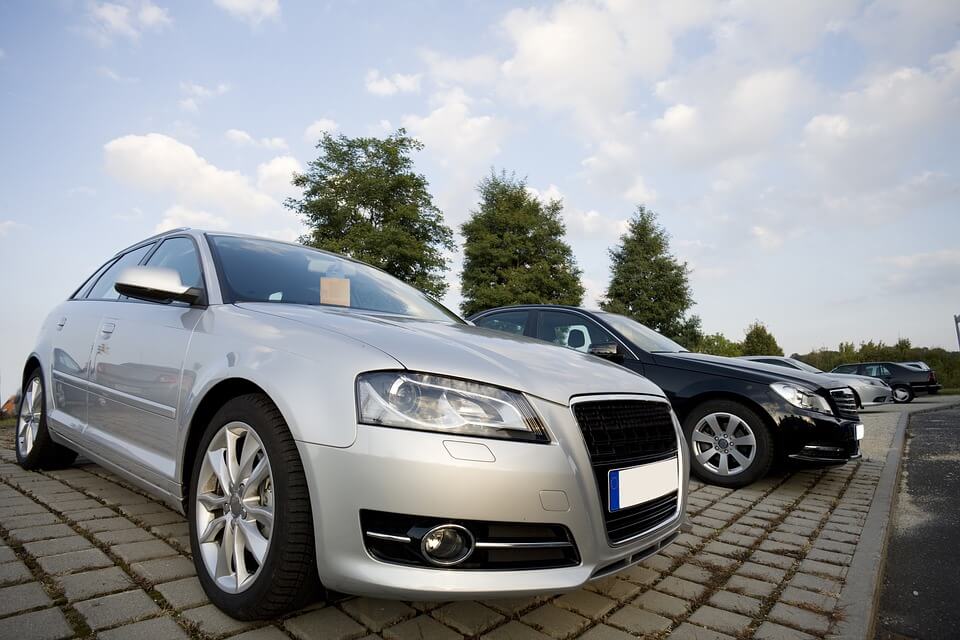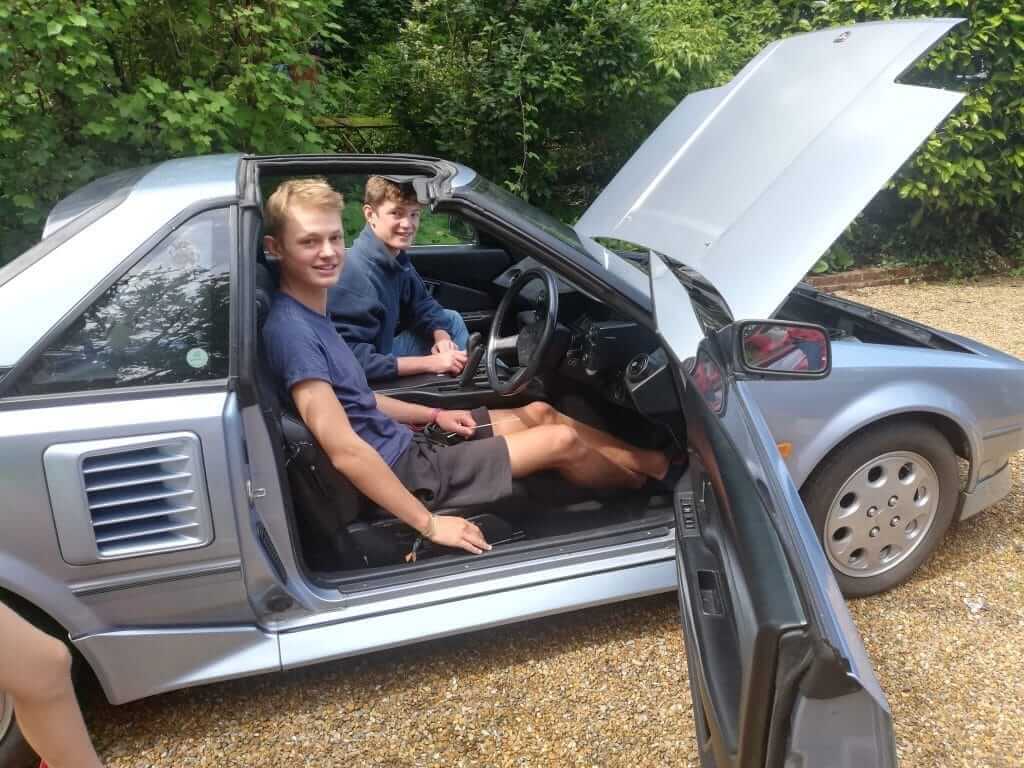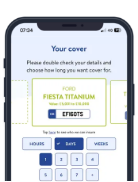Buying a used car for some people is exciting and fun. For others, it’s more of a stressful chore. But whether it’s a joy or a necessity, we all still need to make sure we know we’re making the right choice.
Having a solid list of questions in your mind will help make sure you get the right car at the right price and avoid buying something inappropriate for your needs. Or worse, something that will cause you problems down the line.

Research your car first
Knowing what questions to ask won’t be enough. You need to understand why you’re asking those questions, and the more research you do beforehand, the better. You can’t know too much about what you’re looking for since it will help you contextualise answers and get an authentic ‘feel’ for the vehicle you’re interested in.
That doesn’t mean you have to visit lots of car showrooms. You can find pretty much anything you need to know about any car on the internet.
If you know what kind of car you want, or have your eye on one specifically, look up similar cars that have sold second hand in the last year or so. Getting a feel for the condition and price they go for with different specifications and mileage, will put you in a much stronger position to evaluate one when you see it in the flesh. Resale prices tend to be quite consistent, so a bargain – or a rip off – will be obvious.
1. Is it cheaper somewhere else?
It’s easy to think the first one you see is perfect, but don’t be in a rush to part with your hard-earned cash. A virtually identical car could be for sale significantly cheaper – or with less mileage – a relatively short drive away. Supply and demand can fluctuate even within a quite small geographical area, and a bit of legwork shopping around can help make sure you’re not missing a cracking deal somewhere else.

2. Will they take less?
If you’ve seen a car advertised at a certain price, don’t assume it’s the lowest that seller will take for it. Many dealers and private sellers will expect to receive offers, so you may find just asking if they’ll take less will instantly save you money. It can be a valuable way of showing that you’re not a pushover. And since you’re probably handing over a sizeable sum, it’s worth getting it right.
But there’s an art to it. You don’t need to go in guns blazing like a bad Apprentice candidate. Don’t be afraid to walk away if the price isn’t right. You can always change your mind and go back, but if you do leave a negotiation without a deal then you should get a clear sense of their lowest price which could tell you a lot when you looking at other cars like it.
3. What’s it like new?
You might find it useful to check out the same car brand new. It will give you a much clearer sense of the quality of second-hand models you view, and you might find some useful information out from any salespeople who try to reel you in.
4. What is the insurance cost?
Insurance fluctuates wildly depending on the group of your car. So don’t forget that the price you can expect to pay for the car you’re looking at, will be compounded by annual insurance costs for as long as you own it. The true cost of the vehicle to you will be both, so make sure you’re happy with that before you sign on the dotted line.
If you’re looking to get a quick insurance deal, you may want to consider a short term policy, even if it’s just to test drive the car before buying.
5. Does it really suit my needs?
We’re often predisposed to see the positives when viewing a new car, especially if it looks – and smells – good. Features can be appealing, especially if they weren’t things you were already thinking about. For instance, a great sound system can be really impressive, and listening to music can put in a relaxed mood, giving you positive vibes about the vehicle. But it can distract you too. Think through all the practical things you need – better yet, make a list so you can tick them off. If the boot size won’t really cope with your daily needs, then it really doesn’t matter how good the stereo is.

6. Should I sleep on it?
Making an impulse purchase is a very human thing to do. We’ve all been there, as all the boxes seem ticked and finally – FINALLY – you’ve found it. And sometimes this is exactly right. You could lose a good deal by being too cautious. But most of the time sleeping on a decision will help make sure your gut instinct agrees with your head.
If you wake up in the morning and everything feels right, then you can go for it. If you’re not sure, it might be worth a second viewing, or a chance to view other cars to compare it to. Missing out on a great car is on the whole not as bad as buying a stinker.
In some cases, if you happen to find the car of your dreams then you may be able to drive it home the same day with drive away insurance. This option provides you with enough cover to get behind the wheel and take your new purchase home before you have had the chance to get an annual policy in place.
7. Can i afford this?
Whether you’re paying outright or through used car finance, you need to know that you can afford it. As mentioned before there are additional costs and implications to consider, such as insurance. Others include how much the car will depreciate over time, and how much it costs to run.
In a lot of cases, people buying used cars tend to be younger – and in many cases students. Used cars tend to be cheaper, but there’s still the issue of finding an insurance policy that’s within reason. Generally, students are younger and will be less experienced than seasoned drivers, but if you’re using the vehicle sparingly then short term student cover could help.
Falling in love with a car, or simply feeling desperate and wanting the search to be over, can both cloud your judgement and make it tempting to stretch yourself. But there will always be another car around the corner to fit your needs. It’s true what they say: buy in haste, repent at leisure.




